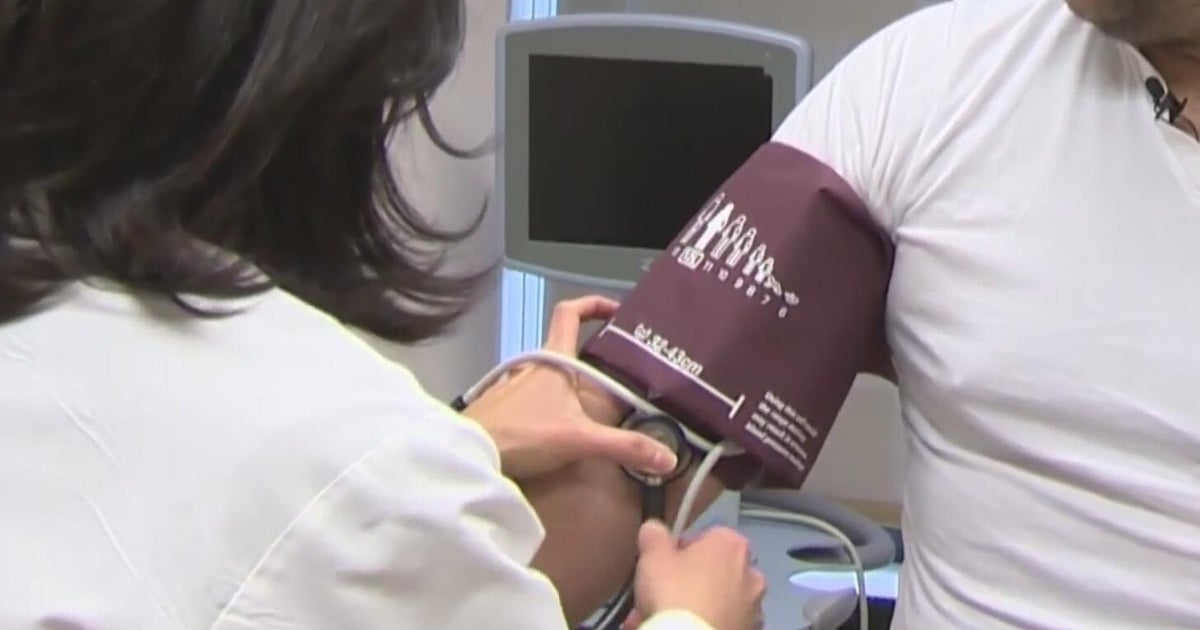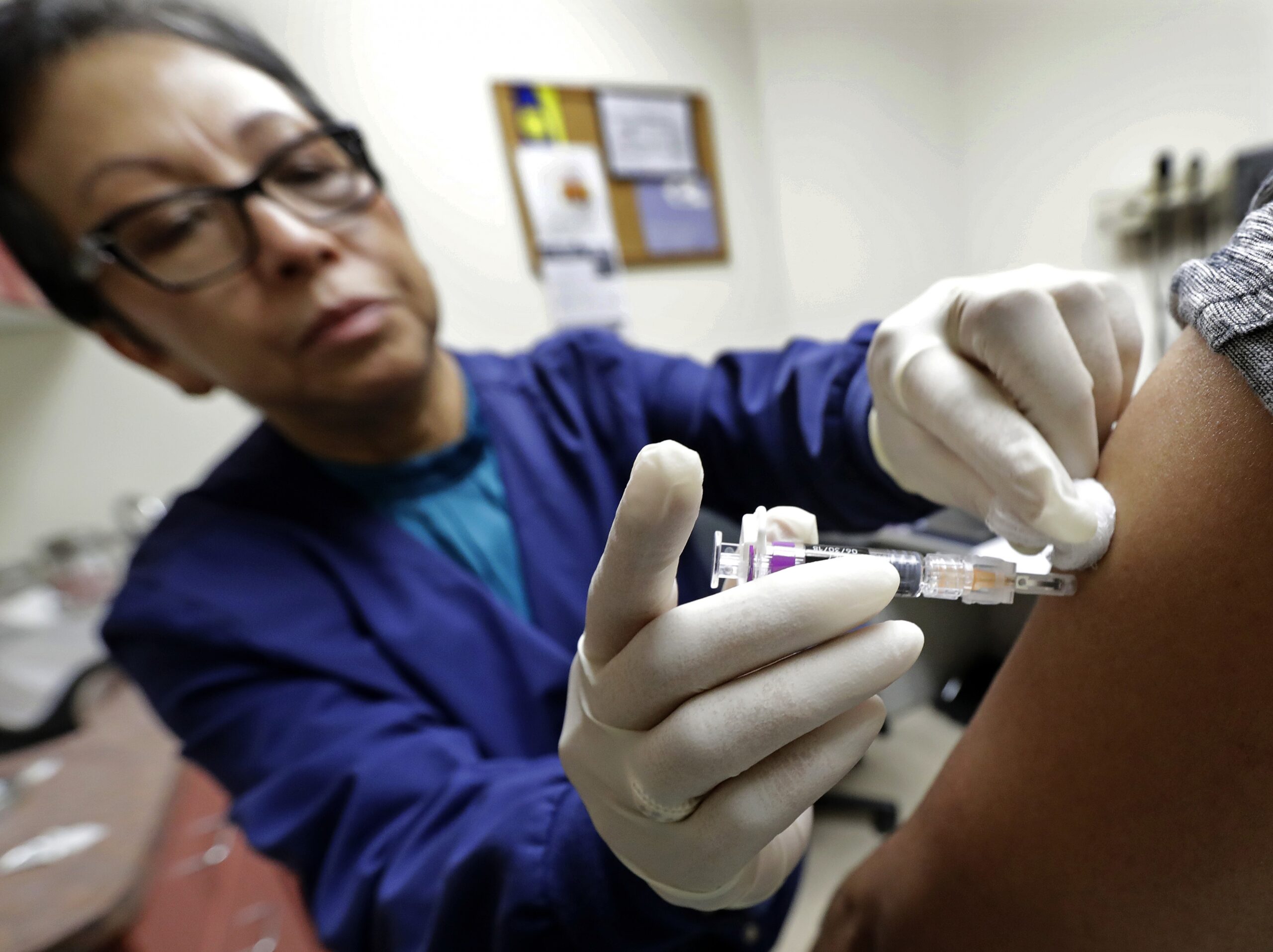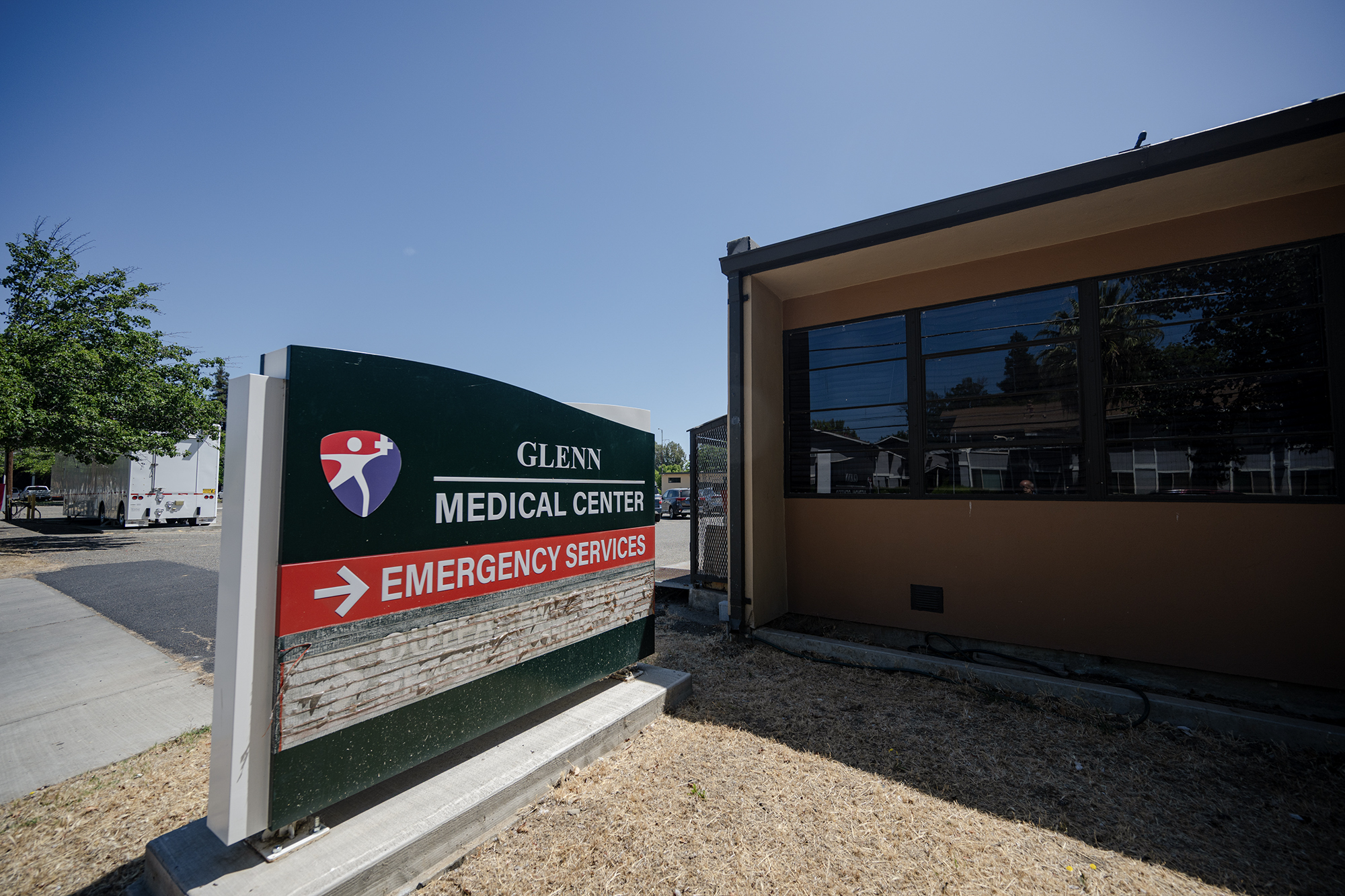Digital Health Minefield: Separating Fact from Fiction in Online Wellness Guides

Navigating the Sea of Online Health Information: A Guide to Spotting Credible Research
In the digital age, health information is just a click away, but not all online sources are created equal. Dr. Molly O'Shea offers valuable insights on how to distinguish between reliable health research and potentially misleading content.
When evaluating online health information, consider these critical factors:
1. Expert Credentials: Look closely at the person presenting the research. Are they a qualified professional in the specific field? Credentials matter when interpreting complex medical information.
2. Source Verification: Trace the information back to its original research or scientific study. Reputable health information should be backed by peer-reviewed research from recognized medical institutions or scientific journals.
3. Publication Credibility: Check the website's reputation and whether it's associated with established medical organizations, universities, or government health agencies.
By applying these critical thinking skills, you can become a more discerning consumer of online health information, protecting yourself from potentially misleading or inaccurate medical advice.
Remember: When in doubt, always consult with a healthcare professional who can provide personalized guidance tailored to your specific health needs.








